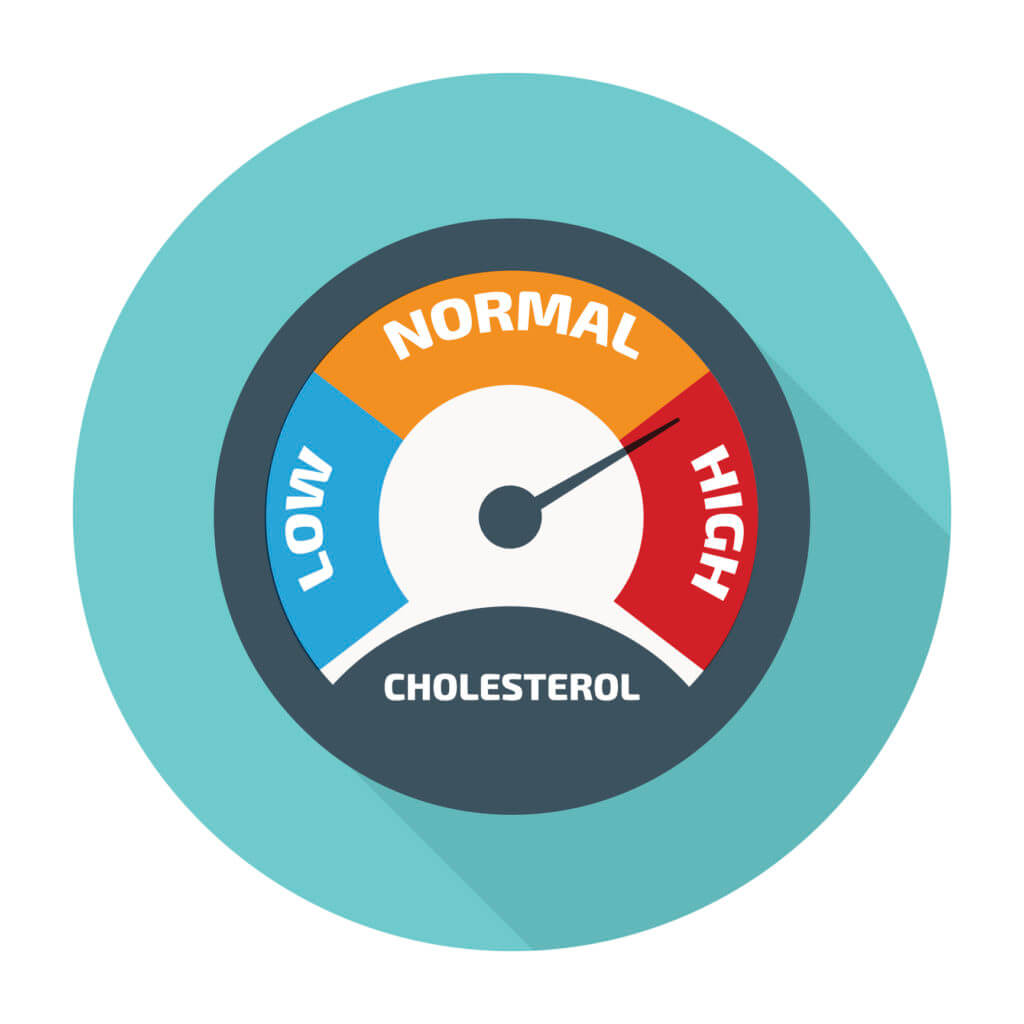
Your blood contains lipids, one of the most common of which is cholesterol. “Good” cholesterol – high-density lipoprotein (HDL) – helps remove the low-density lipoprotein or LDL “bad” cholesterol that can build up in your arteries, causing a blockage that can result in stroke or heart attack. No matter your age or lifestyle – or how healthy you are – the goal is to keep your HDL levels high and your LDL levels low. If your doctor determines that you, in fact, do have high cholesterol – take heart! Your high cholesterol can be managed. Here’s how.
Eat a Heart-Healthy Diet
A heart-healthy diet can actually improve your cholesterol levels by acting as a sort of plumbing agent for cholesterol build-up. Foods that are high in soluble fiber, like oatmeal and bananas, reduce cholesterol absorption in your body by flushing it out before it hits your bloodstream. Beans, vegetables, and fruits also are high in soluble fibers. Foods rich in Omega-3 fatty acids such as salmon, mackerel, herring, and nuts boost your HDL and also prevent abnormal heart rhythms. Foods to avoid include those that contain the trans fats that are found in oils and baked goods, and saturated fats common in red meat and dairy products. Minimizing your sodium is also very important to manage your cholesterol levels, as is staying hydrated.
Quit Smoking
It’s a given that a poor diet affects your cholesterol, but smoking? Believe it or not, the chemicals found in cigarettes oxidize your good cholesterol, thereby affecting your immune system. Smoking also impacts your blood circulation and lung function, thereby increasing your risk of heart attack and stroke. Simply put, if you smoke, quit; if you don’t smoke don’t start.
Keep Physically Active
Physical activity helps raise good cholesterol levels. Aim for 30 minutes of physical activity every day and avoid being sedentary. You do not need an advanced exercise program, staying on the move over the course of the day is a good start to heart-healthy living and managing your cholesterol.
Maintain a Healthy Weight
Being overweight is a contributing factor to high cholesterol and a risk factor for heart disease. To maintain a healthy weight, you need a combination of exercise and a healthy diet. Weeks after embarking on a healthy diet and exercising, you can already feel the benefits. Take the stairs, walk to work, switch to water, chew on sugarless gum, broil and grill instead of frying — these are just a few practices that can improve heart health and help you manage your cholesterol.
Know the Numbers
Make it a habit to know your cholesterol and blood pressure levels. Don’t skip your annual physicals and if your cholesterol is high, work with your doctor to develop a plan to help you lower it. If your doctor prescribes medication, make sure to follow his instructions carefully, don’t stop taking it until he confirms it.
Concierge Medicine in Tucson
There are many ways to manage or treat your high cholesterol, and the best way to do so is under the guidance of a board-certified clinical lipidologist. As Tuscon’s only Adult Clinical Lipidologist, Dr. Robert E. Lending has been providing knowledgeable, compassionate care since 1983 for his own patients, as well as those who are referred to him for cardiovascular and cholesterol screenings and treatment. As a doctor of internal medicine, Dr. Lending also provides concierge medicine care that combines state-of-the-art medical practices with old-fashioned bedside manner and personalized attention. If you have cholesterol issues or interested in learning more about concierge medicine, call Dr. Lending today at (520) 795-4291 or request an appointment now. We look forward to getting to know you.



